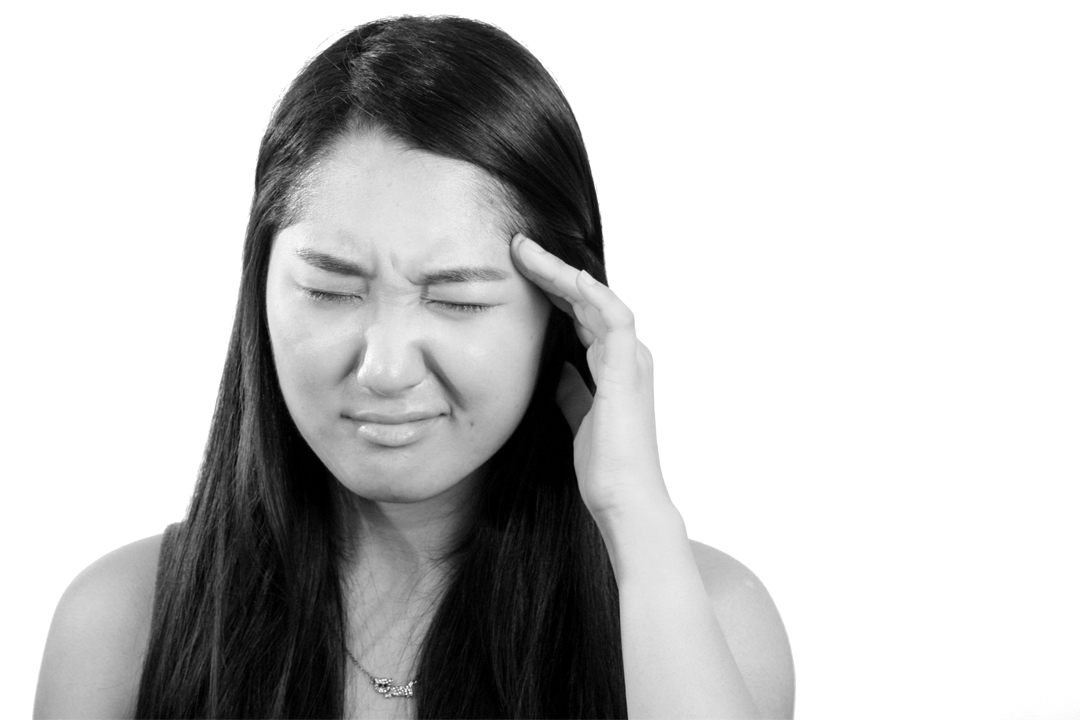
Reducing Food Waste in Foodservice
October 16, 2018 by Doreen Garelick, Dietetic Intern
Our intern Doreen attended a food waste summit for restaurants and compiled these tips to help food service operators redirect…
November 28, 2016

The past couple of months have stirred up plenty of emotions across the country - stress, anxiety and anger, to name a few. A therapist in Washington DC has coined the term “Election Stress Disorder” to diagnose his overly anxious, stressed and fearful patients. This disorder is expressed by irritability and resentment to cover up anxiety and a sense of powerlessness. Add to that the stress that comes with preparing for the holidays, and you may be looking for some ways to reduce the stress you feel in a day.
Stress is defined as an internal or external mental, physical or emotional factor that causes physical or mental tension. Anxiety, often following stressful situations, is the fear or nervousness, about what might happen. Symptoms include, fatigue, restlessness, sweating, irritability, abnormal heartbeat and concentration problems. Cortisol is a steroid hormone produced from cholesterol in the adrenal gland that is released during exercise, waking in the morning and during times of acute stress. Over time, excess stress and anxiety can lead to short term skin issues, weight gain, and gastrointestinal issues and long term depression, heart attacks, stroke, hypertension and suppressed immune system.
You should seek medical attention for serious anxiety and depression. However, for those of us feeling increased anxiety because of current events or just the usual day-to-day stress in our lives, there may be ways to add a little more relaxation to you day. Start by doing the things that can help you relax like taking a walk, meditating, listening to music, sweating it out or spending time with loved ones. One expert advises that cooling off may help...placing an ice pack or cold rag over your forehead or eyes tells your brain to slow down, which slows down your body chemistry and reabsorbs stress hormones into your blood stream.
Chef Jose Andres said, “I realized very early the power of food to evoke memory, to bring people together, to transport you to other places, and I wanted to be a part of that.” Because food and nutrition are our specialties we wanted to share some foods that may help decrease your stress levels:
And lastly, it would also be a good idea to go easy on caffeine and sweets when you feel the most stressed, especially if you know they make you more jittery.

October 16, 2018 by Doreen Garelick, Dietetic Intern
Our intern Doreen attended a food waste summit for restaurants and compiled these tips to help food service operators redirect food waste from landfills.
Nutrition 101

Nutrition 101
September 26, 2018 by Doreen Garelick, Dietetic Intern
Ever notice headlines about rapid weightloss? Dietetic Intern Doreen Garelick looks deeper into a recent eye-catching headline to see if there's any truth behind it.
Connect
 Follow us on Twitter
Follow us on Twitter Friend us on Facebook
Friend us on Facebook Follow us on Pinterest
Follow us on Pinterest Follow us on Instagram
Follow us on Instagram Read our Blog
Read our Blog Watch videos on YouTube
Watch videos on YouTube Watch videos on Vimeo
Watch videos on Vimeo Connect with us on Linkedin
Connect with us on Linkedin Find us on Foursquare
Find us on Foursquare
Tweets by @SPEcertifiedBlog Search
Categories
SPE Certified Newsletter
Sign up for news on the latest SPE-certified venues, events and SPE updates.
We will never share your personal information with a third party.